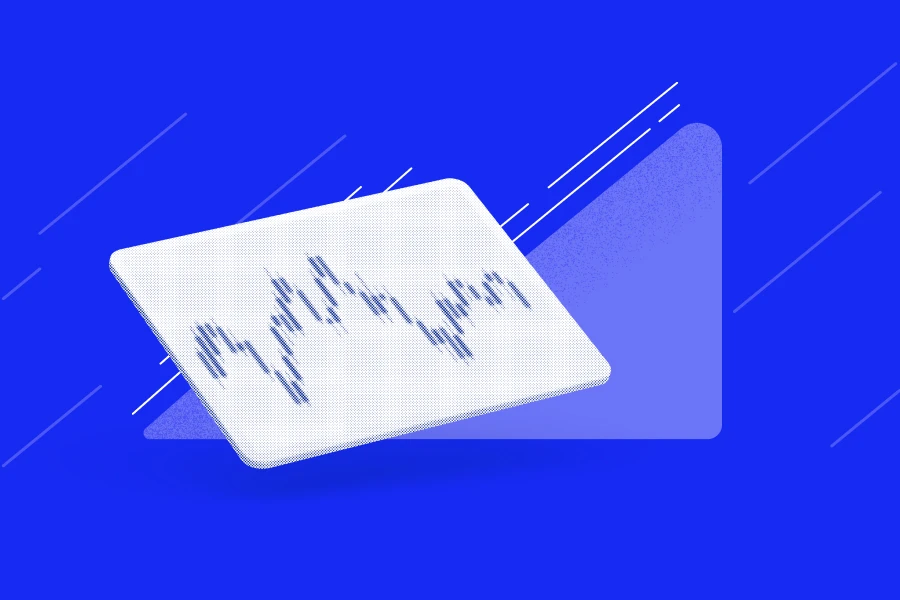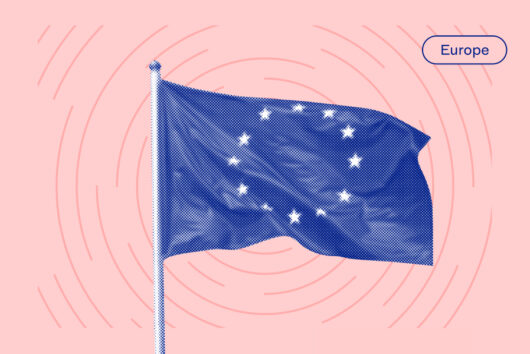What is an option?

An options contract is used for assets, such as stocks and crypto, on online exchanges or brokers. In essence, options allow traders to reserve now and pay later for assets in exchange for a fee.
For a real-world example, let’s say Owen has a car for sale and is looking for a buyer. Wendy wants to sell her old car in order to raise money to buy Owen’s car. Owen and Wendy agree on an options contract. For the next 30 days, Wendy has the exclusive right, but not obligation, to buy Owen’s car. This gives her time to sell her old car and buy Owen’s. In exchange for this deal, Owen receives a fee of 2% of the car’s value in exchange for reserving it for Wendy. This means Owen is compensated for losing out to potential buyers and Wendy can hopefully buy the car when she has more liquidity.
Now if we apply this example to trading, a buyer is able to reserve assets from sellers for a fee and the option to buy later at what’s called a strike price or when a predetermined expiration time hits.
There are different types of options:
- American options — Allows option holders to complete sales at any time during the contract’s length
- European options — Traders can only complete contracts when the contract expires, due to price hitting certain levels or the contract running out of time.
- Call Options — If a trader is bullish on an asset, they may believe that price will rise above the agreed strike price. They would then take out a call option and hope to complete the option at the strike price and then sell the assets at the higher market price and earn a profit in a similar way to how long trades work.
- Put Options — If a trader is bearish on an asset, they may think that price will drop below an option contract’s strike price. They would then take out a put option and sell the asset at the lower price and earn a profit in a similar way to a short trade.
 Discover
Discover Help Centre
Help Centre Status
Status Company
Company Careers
Careers Press
Press

